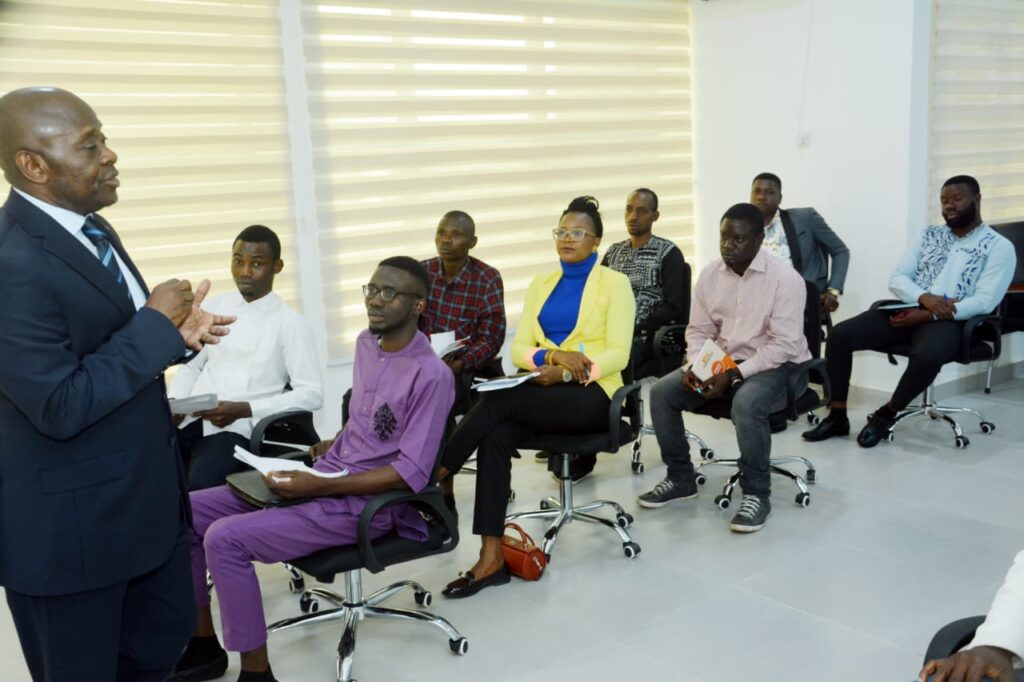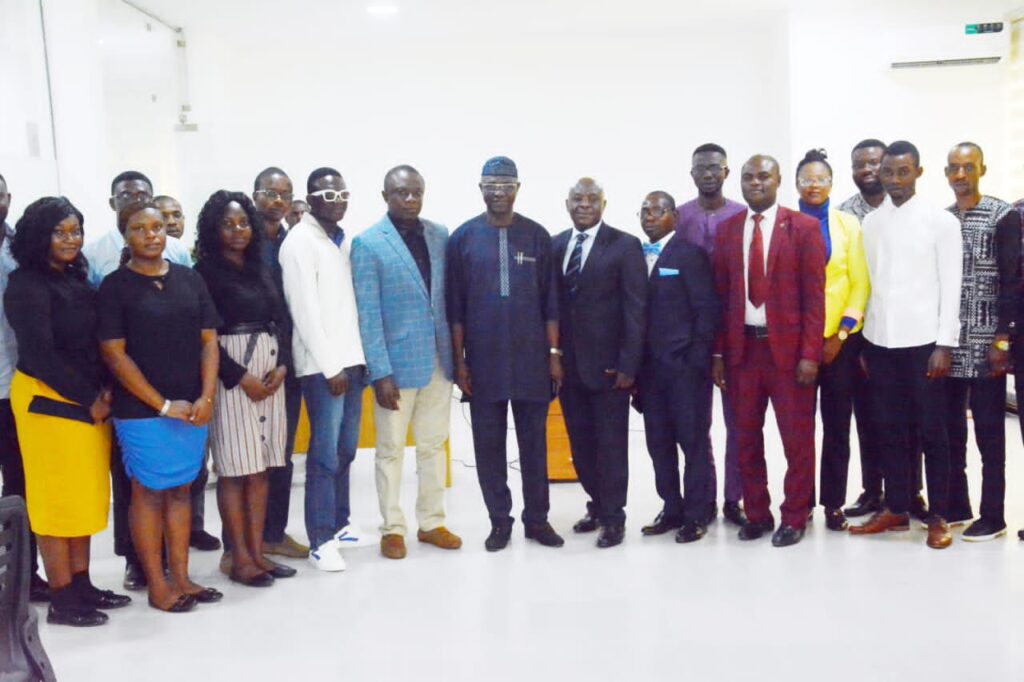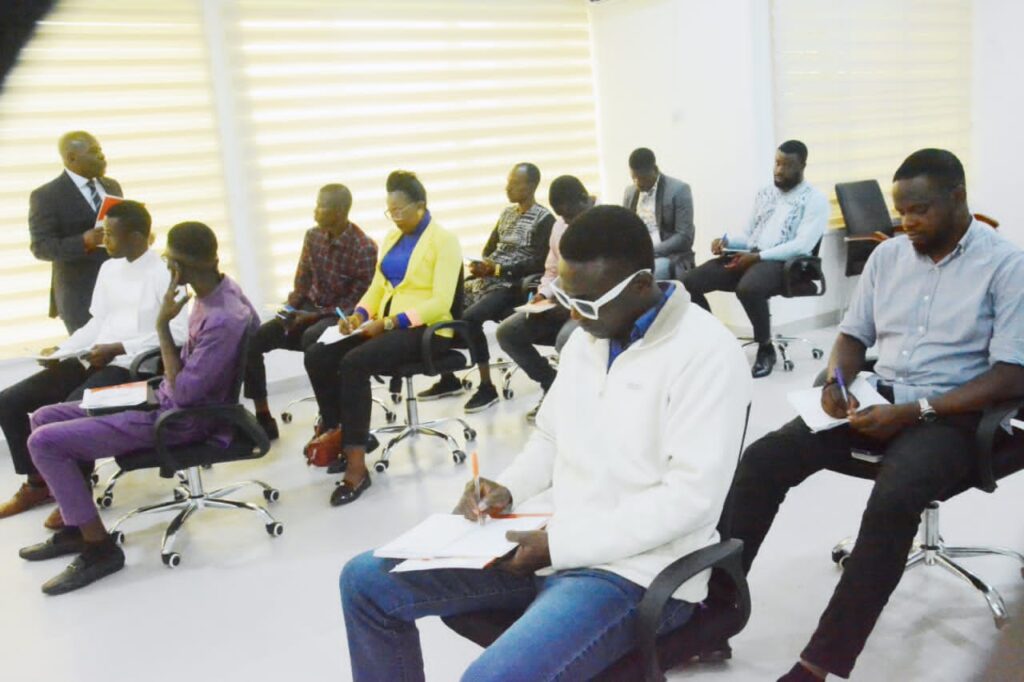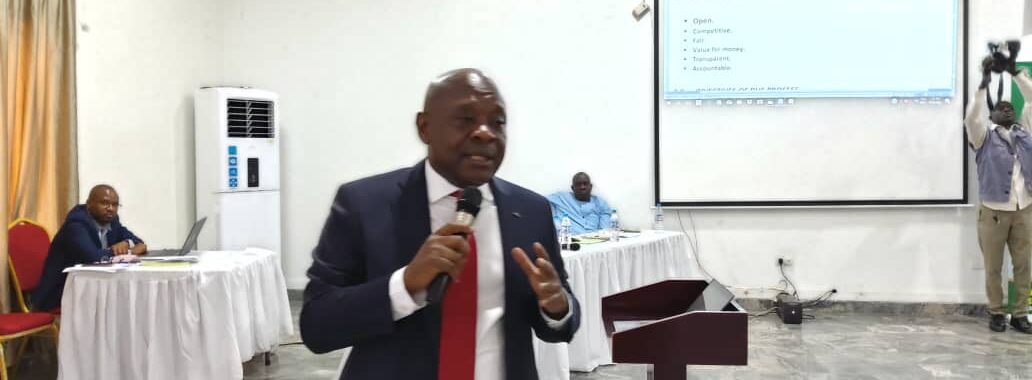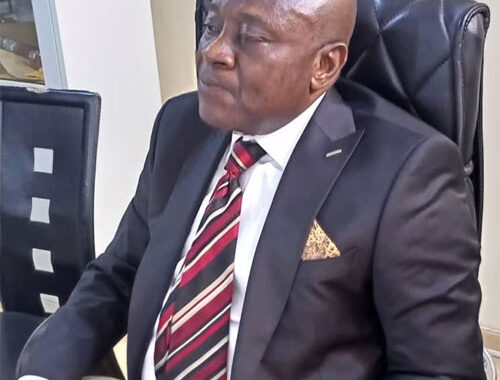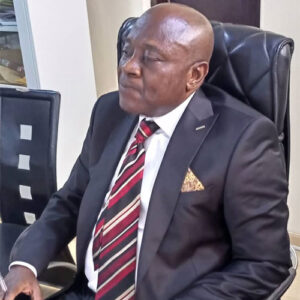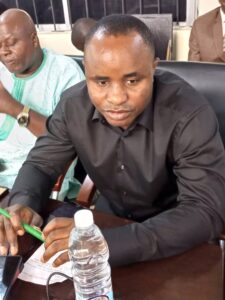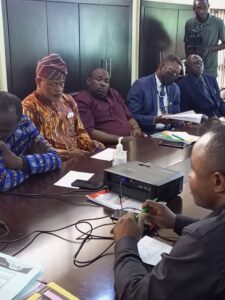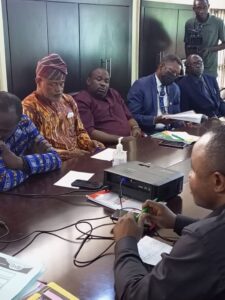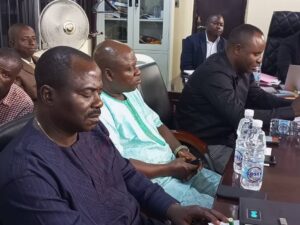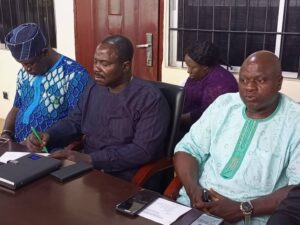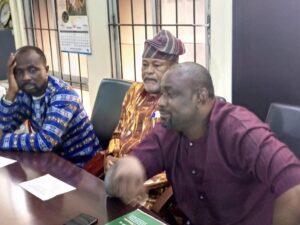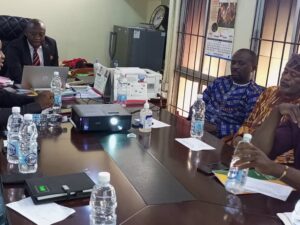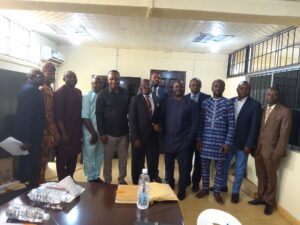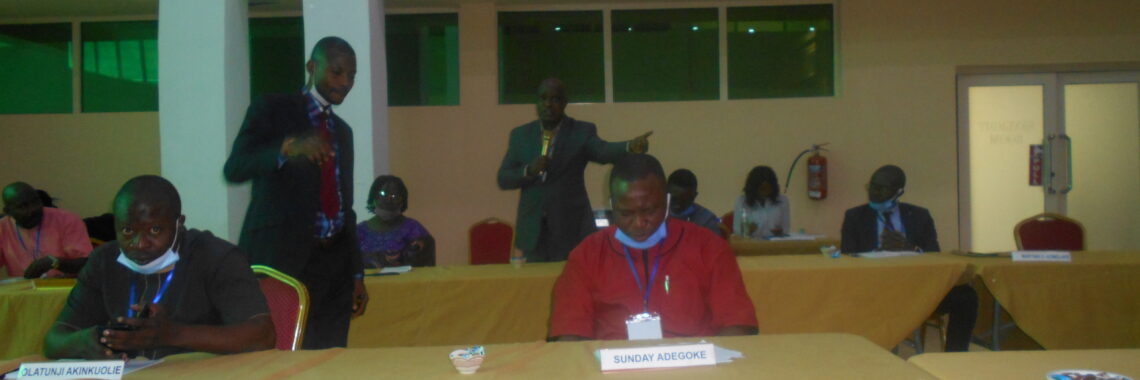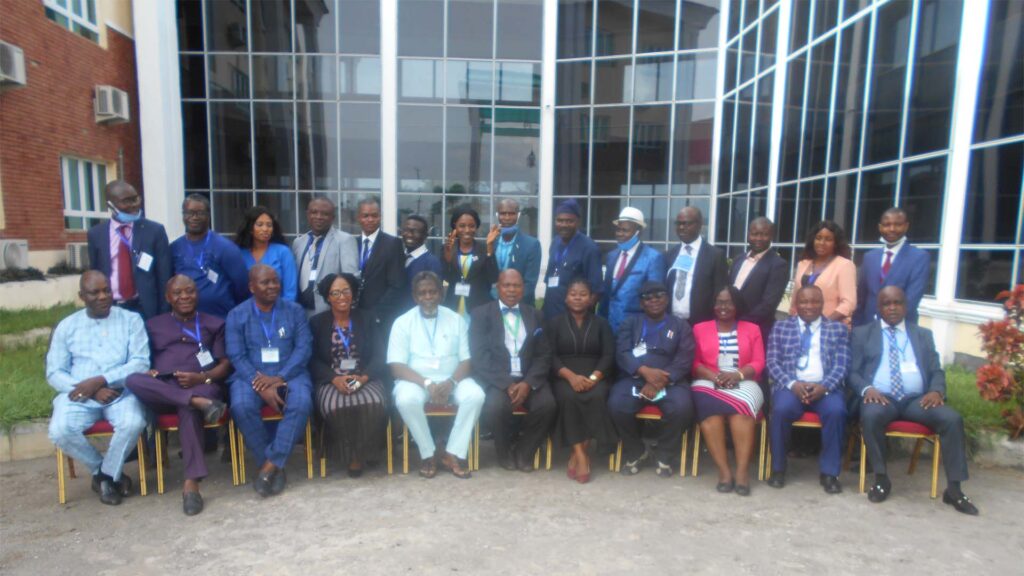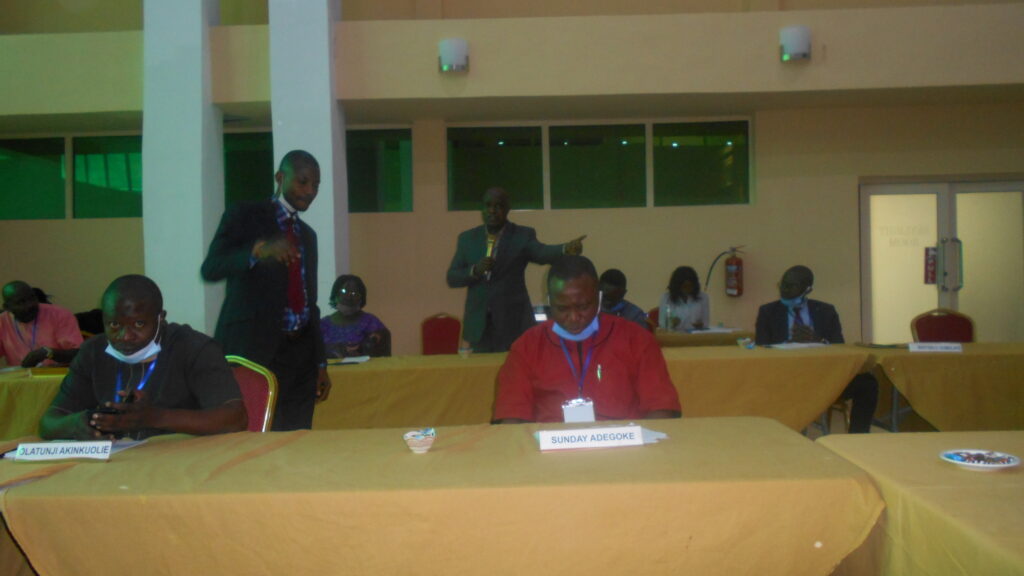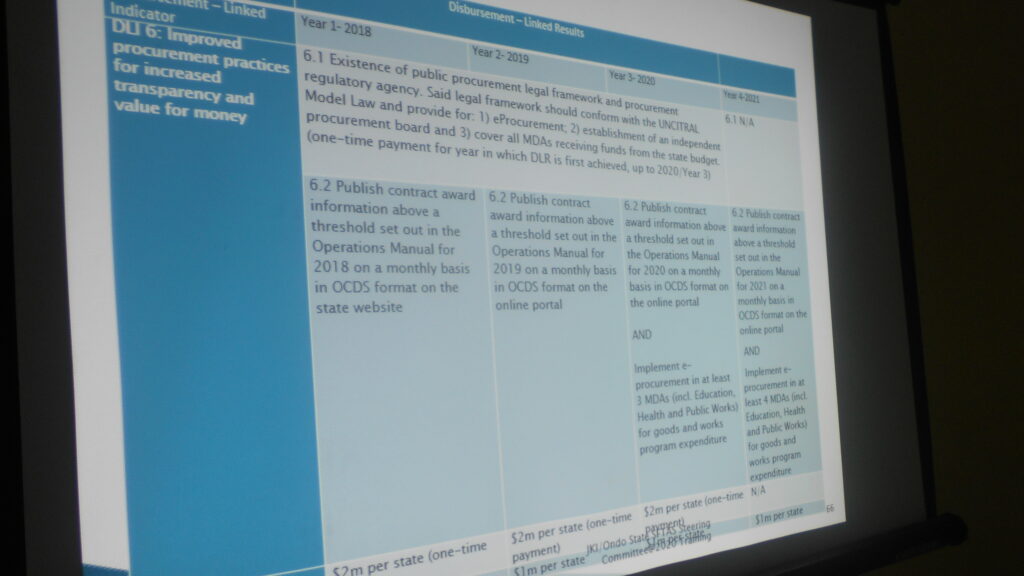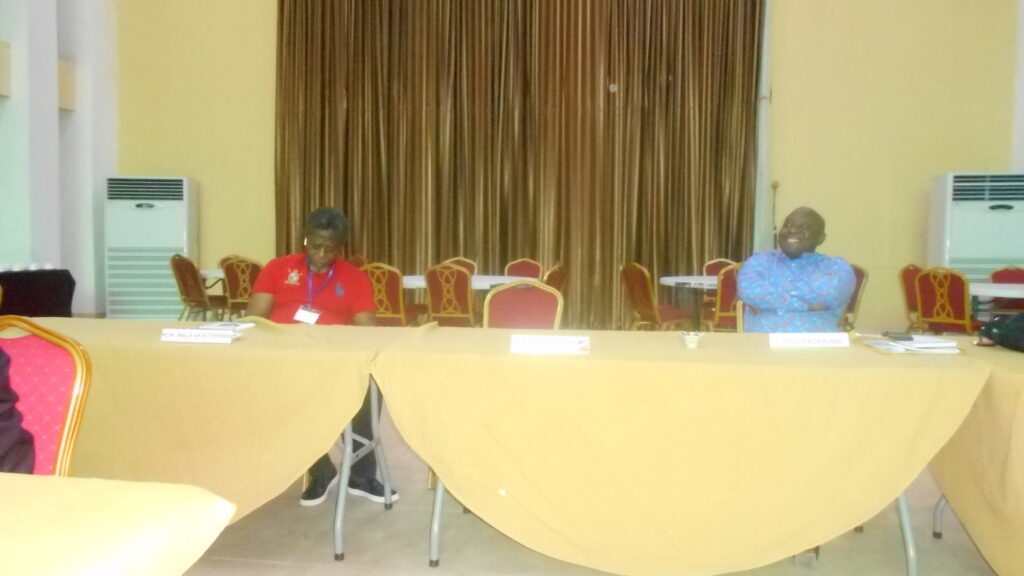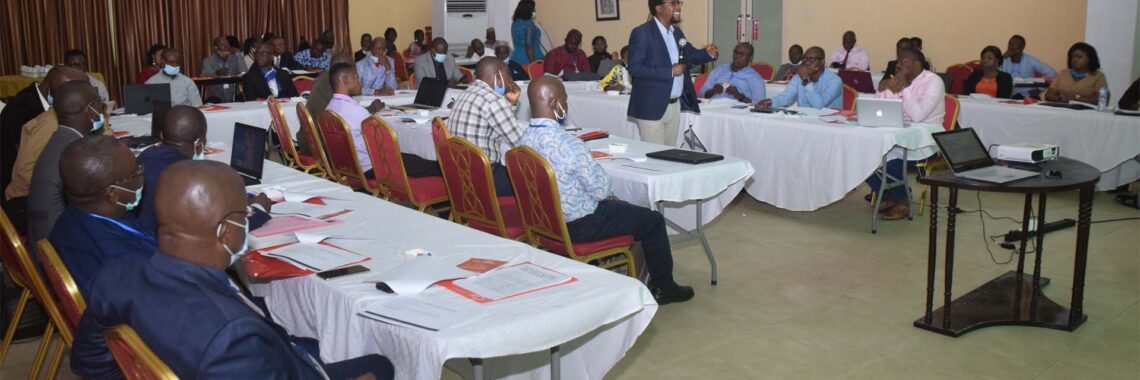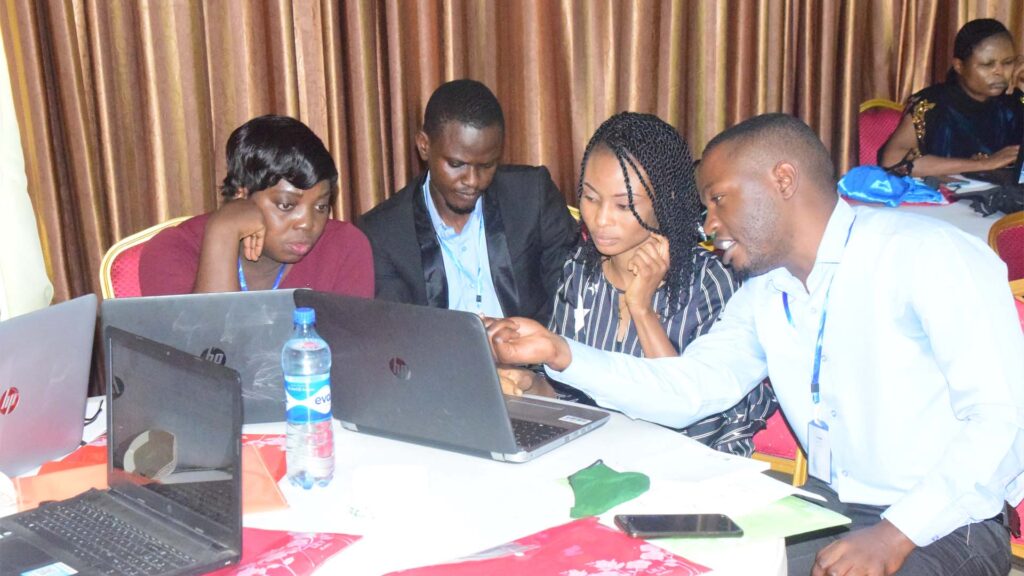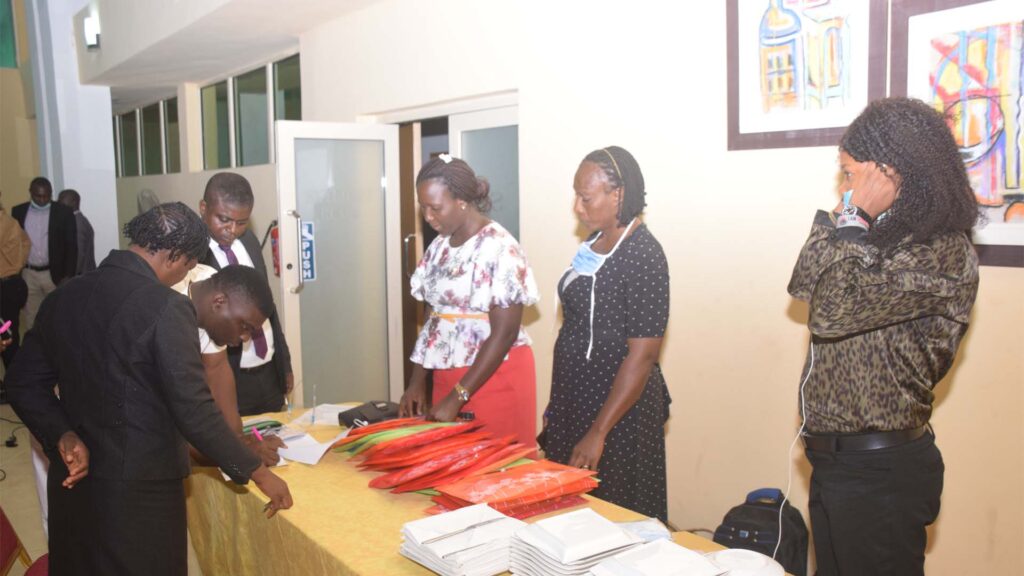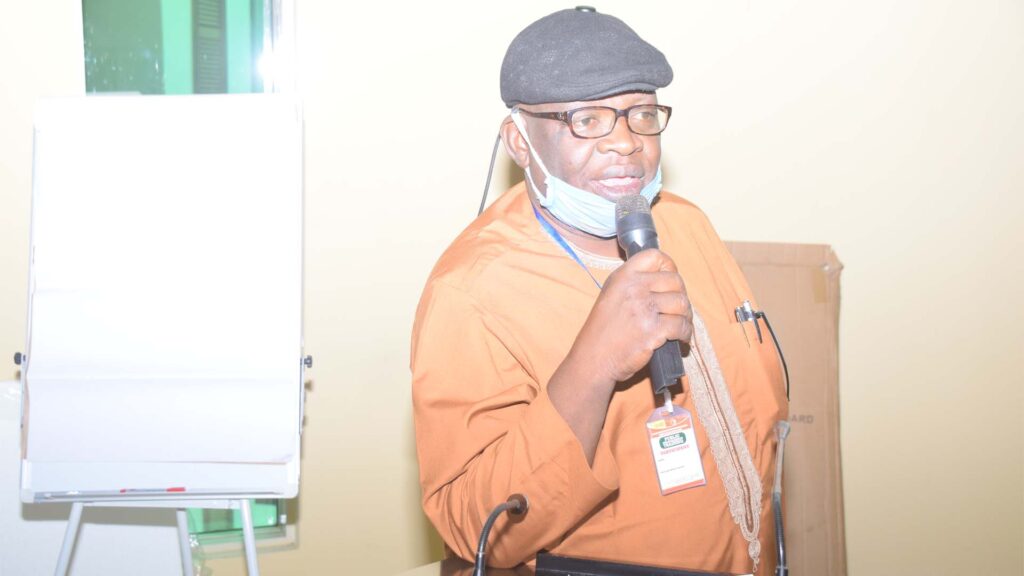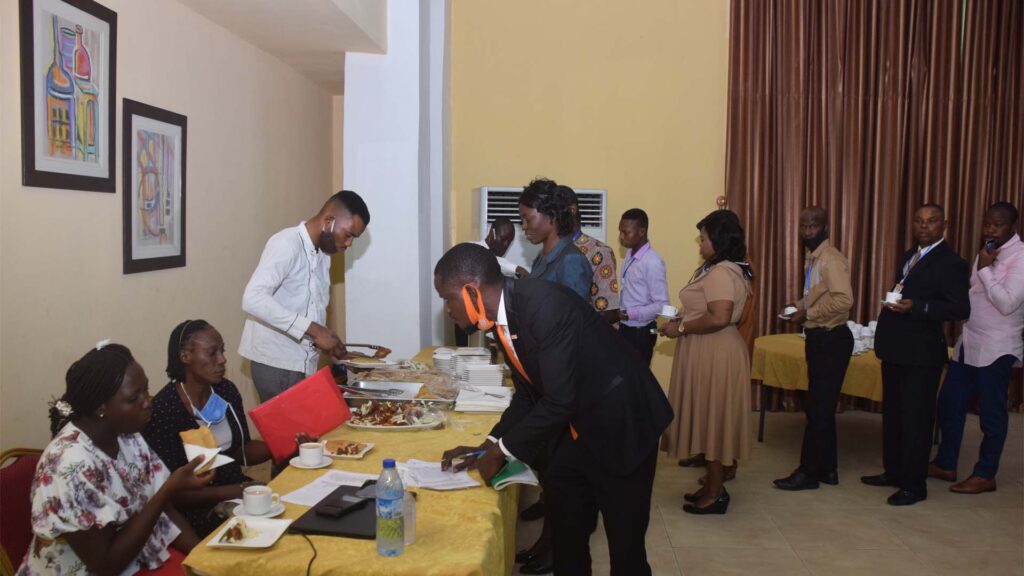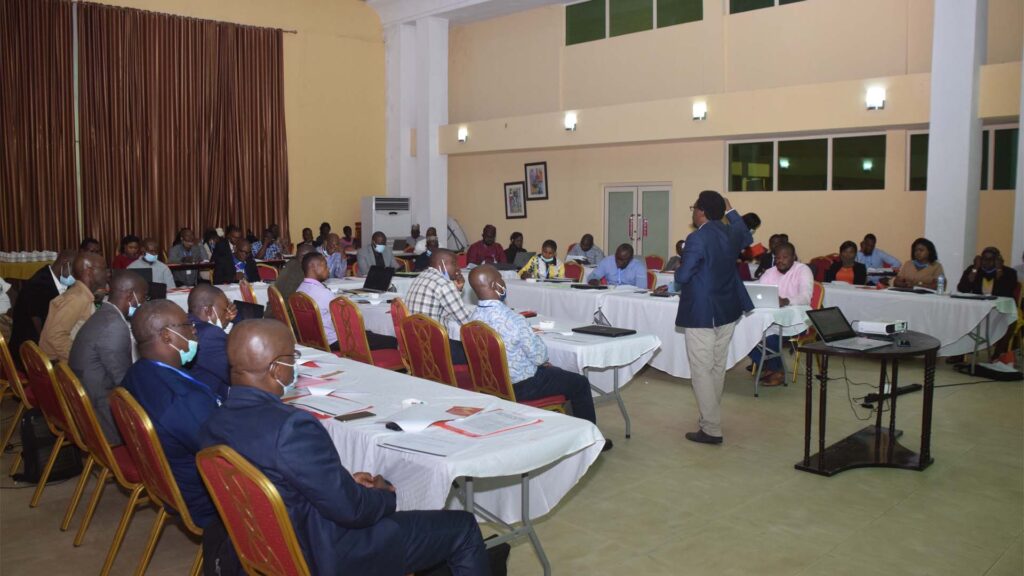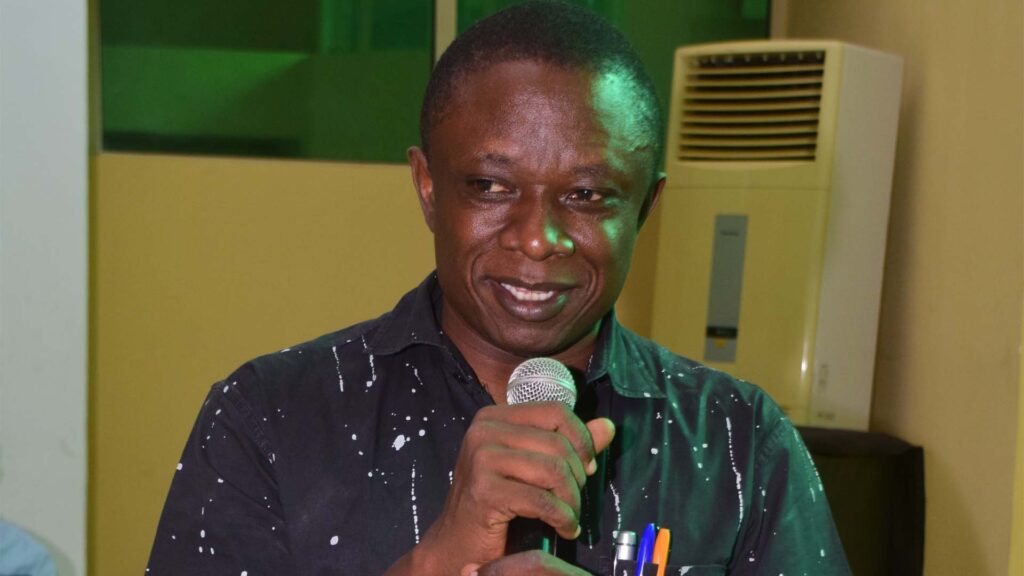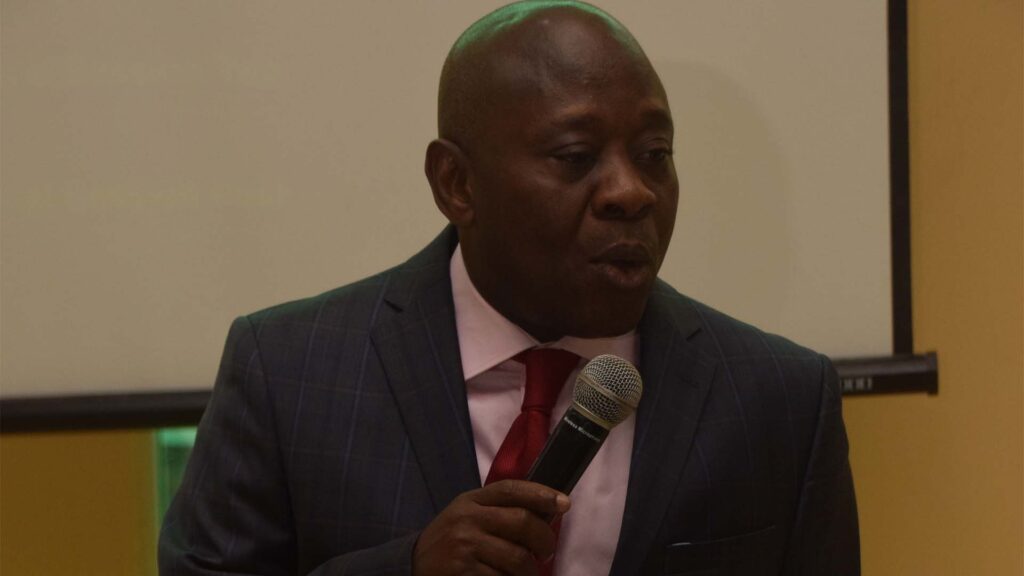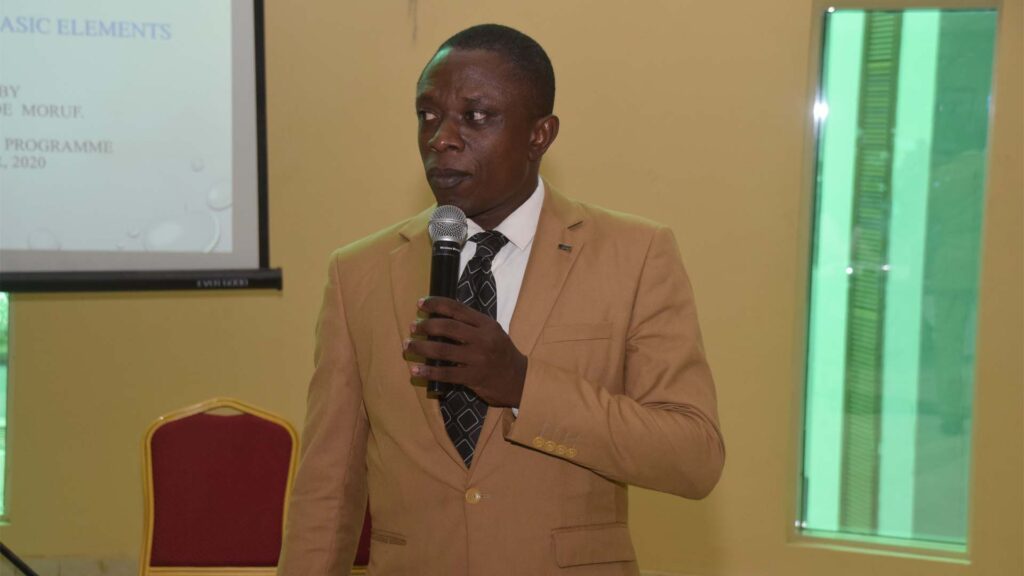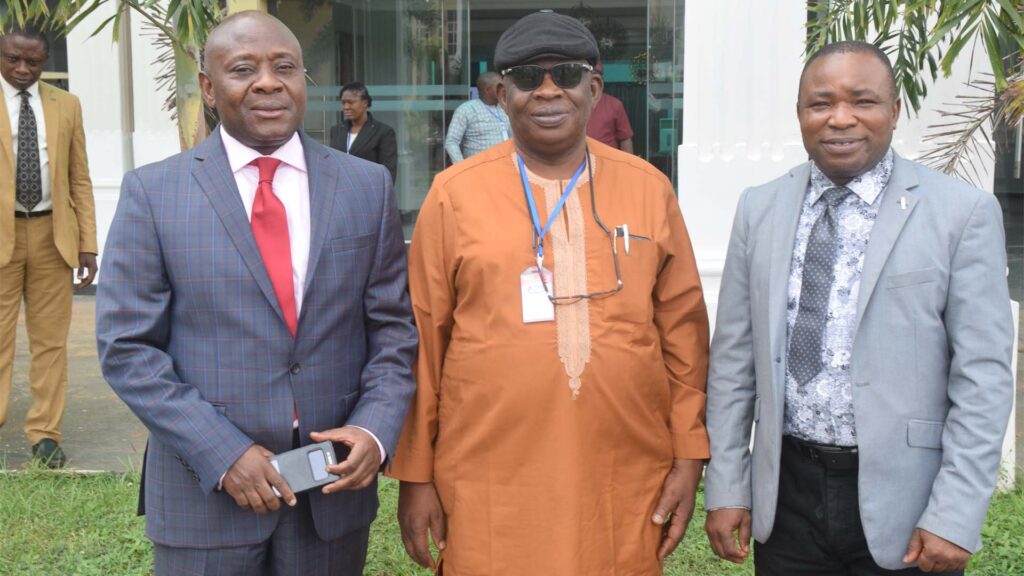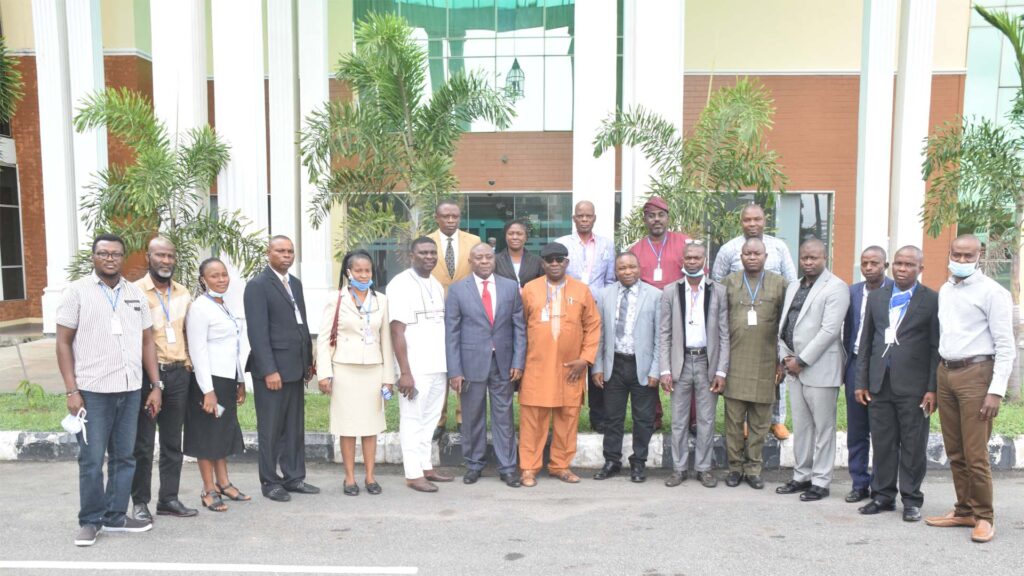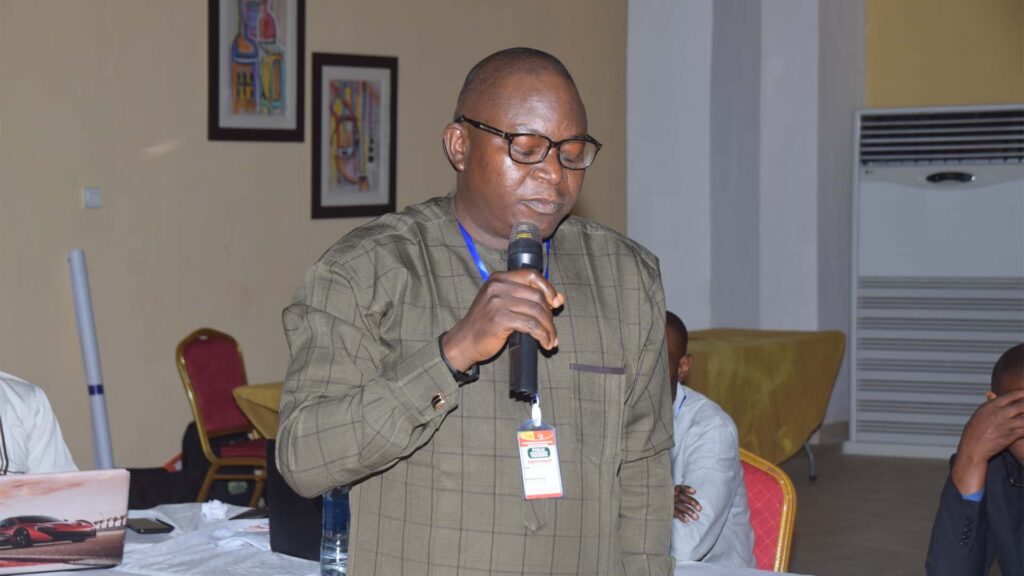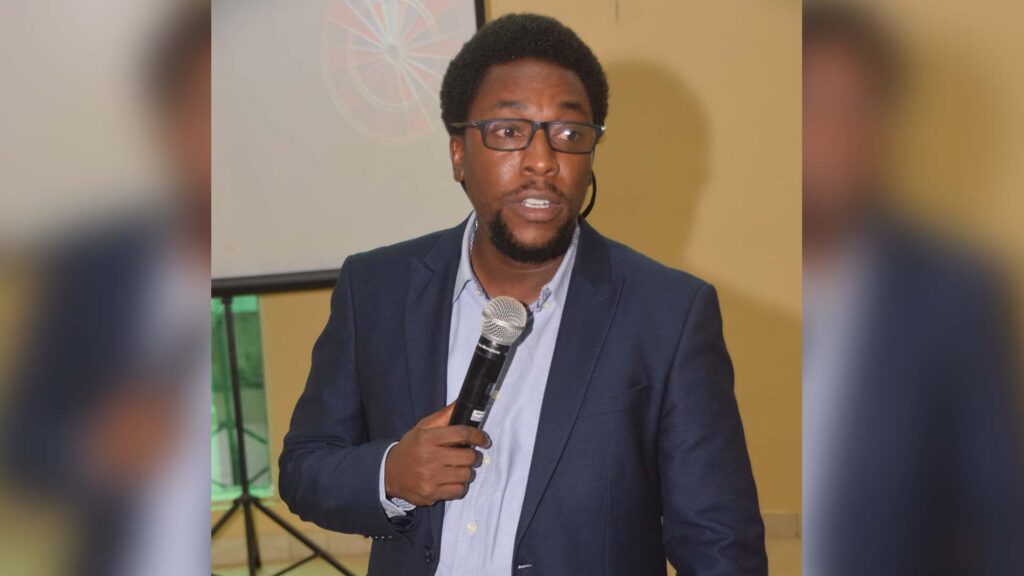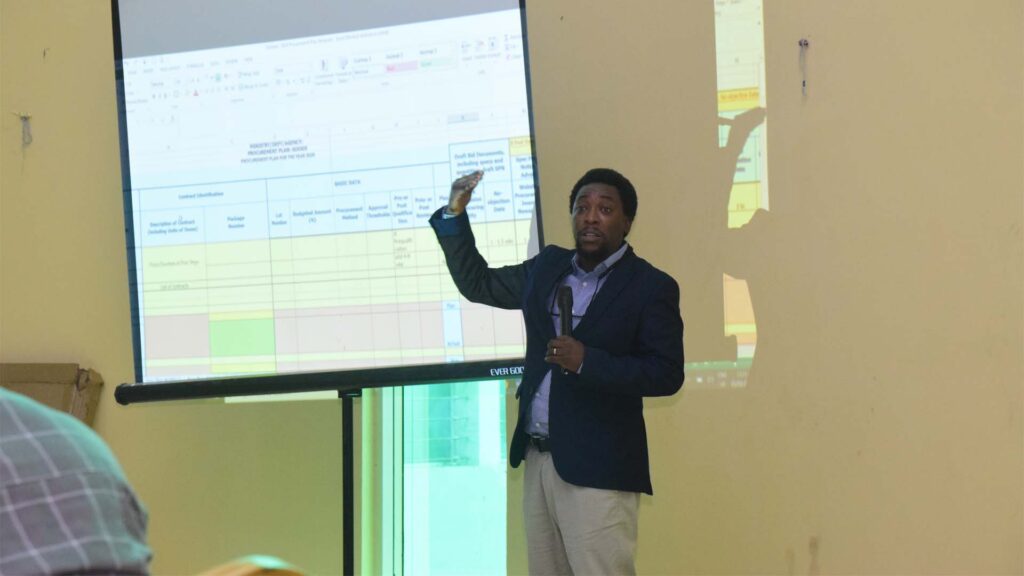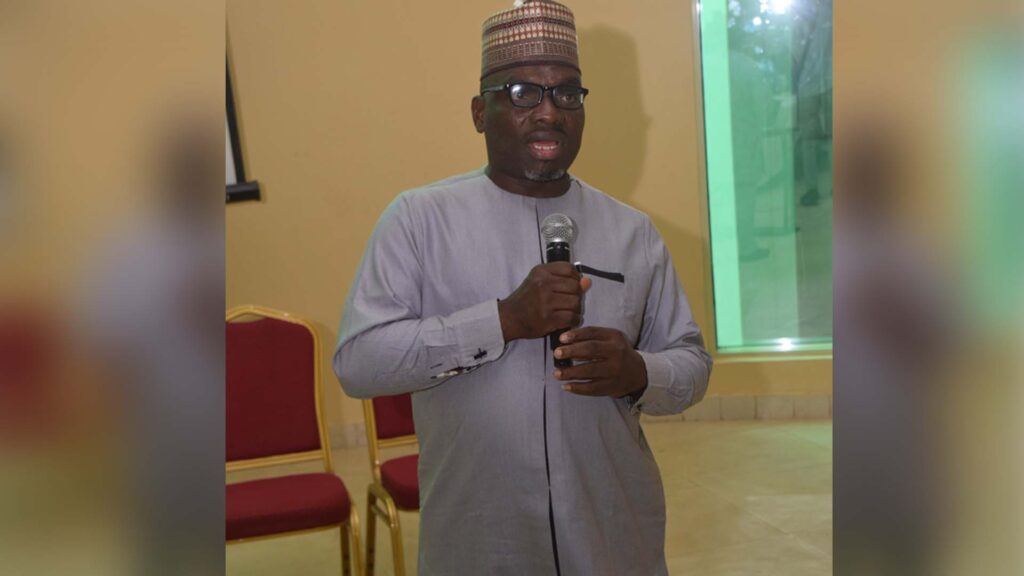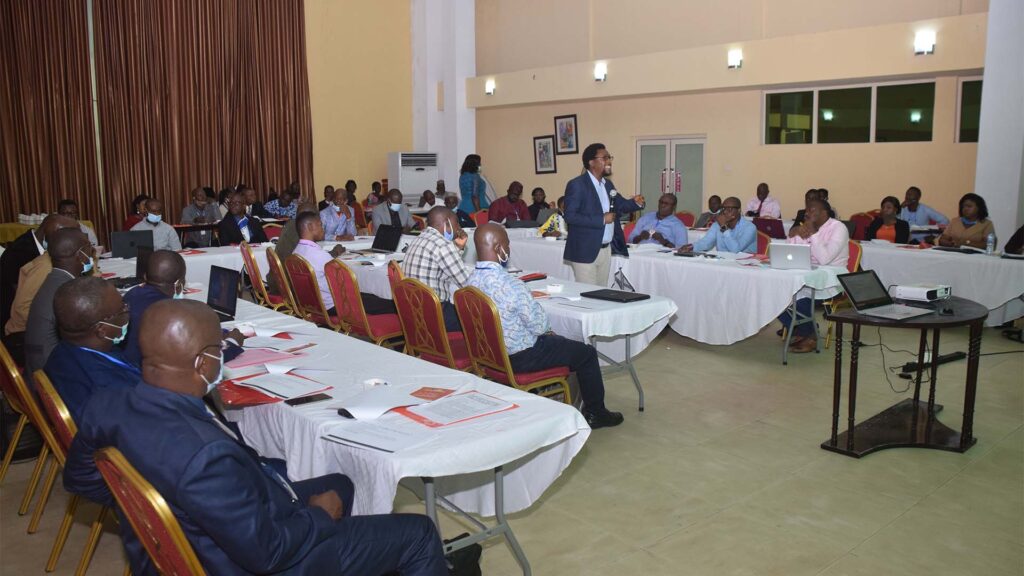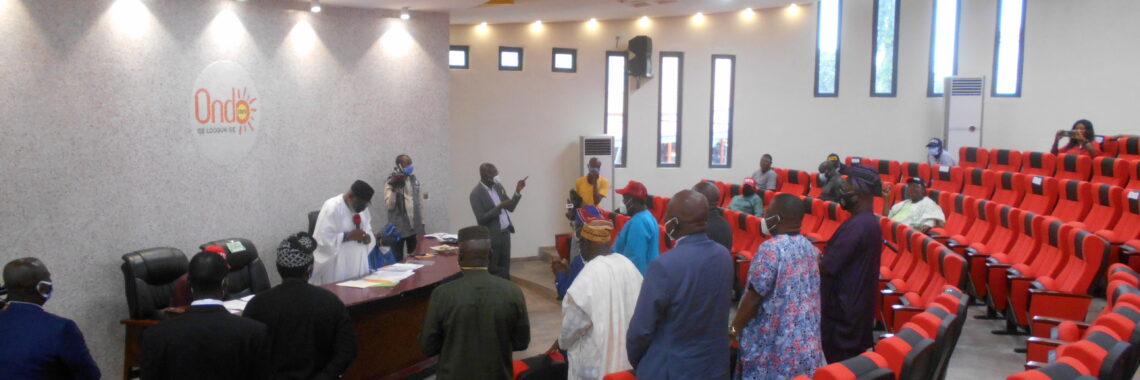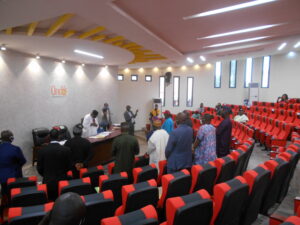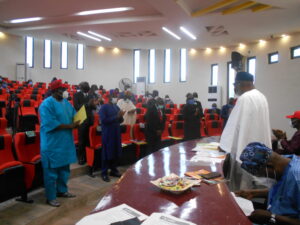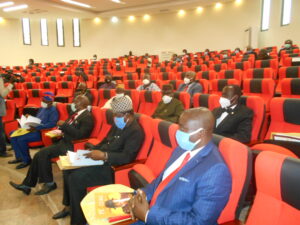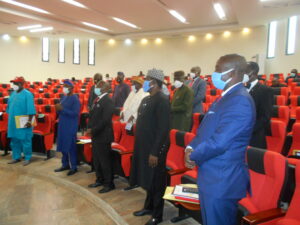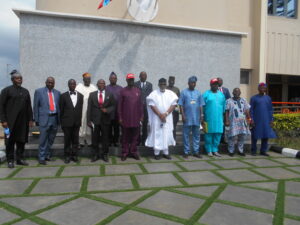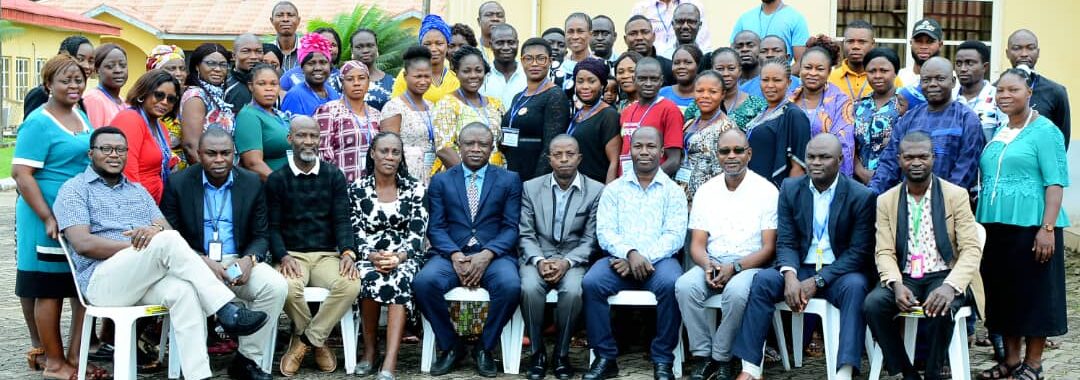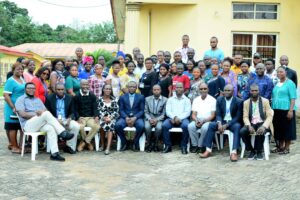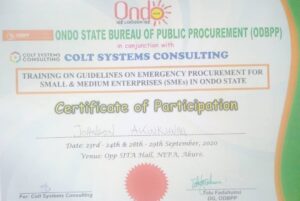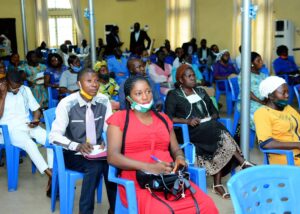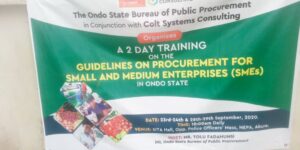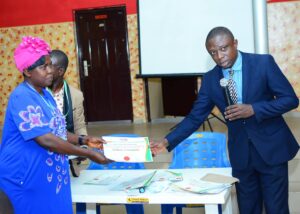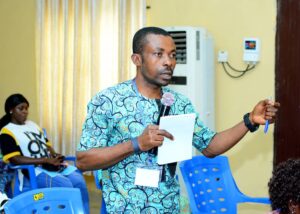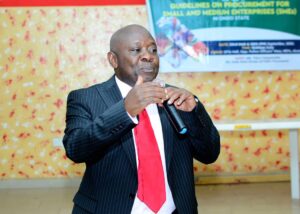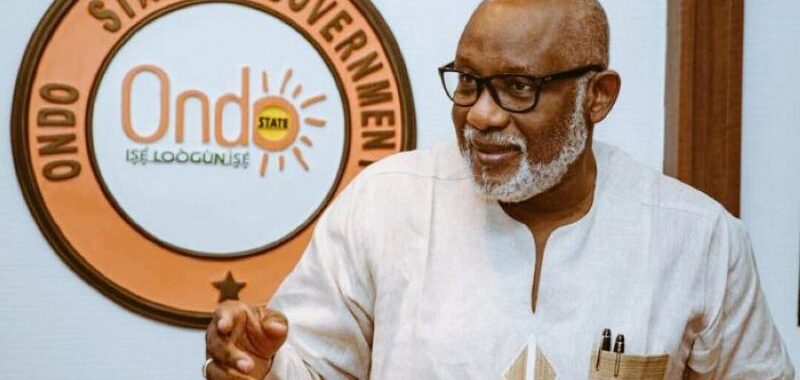You are the Future of the Civil Service – HOS Ogundele
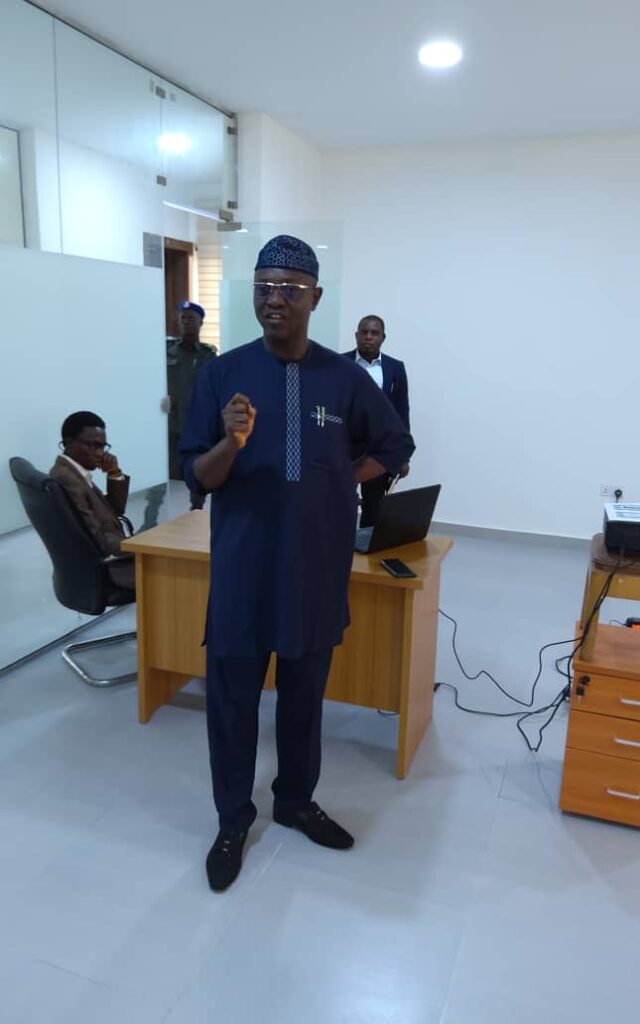 The Ondo State Head of Service, Pastor Kayode Ogundele, has charged the newly recruited Procurement Officers in the Ondo State Bureau of Public Procurement (ODBPP) that they are the future of the civil service because people like him are on the way out of the system. And, in view of that, they need to work hard, learn and bring new innovations to the system.
The Ondo State Head of Service, Pastor Kayode Ogundele, has charged the newly recruited Procurement Officers in the Ondo State Bureau of Public Procurement (ODBPP) that they are the future of the civil service because people like him are on the way out of the system. And, in view of that, they need to work hard, learn and bring new innovations to the system.
The Head of Service made the remarks on Wednesday, October 11, 2023 when he welcomed the new staff during the induction and training programme organized by the ODBPP. He advised the young intakes that running abroad may not be the answer they need to better their lives because not all that glitters is gold. He said those who have remained in the country overtime are not exactly worse off than those abroad because they are comfortable.
Pastor Ogundele, who is also the Chairman, Establishment Committee of the Ondo State Board on Public Procurement, the apex decision-making body of public procurement in Ondo State, admonished them that, no matter how difficult the Nigerian situation is, there is always a way out through effective and efficient hard work. He said their own destiny is in their own hands based on how they handle the assignments they are given. He congratulated the new staff for scaling through the selection process and declared that he hopes to see them at the top.
Earlier, the Director General of ODBPP, Mr Tolu Fadahunsi, while welcoming the staff to the programme had counselled the new procurement officers to show grit and determination to rise to the top. He said the training in public procurement is a marathon race because it is a continuous process because, even after the induction programme, on-the-job training continues. He said that the possibilities before the new staff are limitless and they should see themselves as professionals that are uniquely important to the success of the Ondo State Government.
Earlier in the year, the Governor of Ondo State, Arakunrin Oluwarotimi Akeredolu, SAN, CON, on recommendation of the Board on Public Procurement, had approved the recruitment of 18 new staff. Well over 1,000 candidates applied for the advertised positions. An aptitude test was conducted on Saturday, June 17, 2023 for applicants who were shortlisted while successful candidates underwent an interview on Tuesday, August 22, 2023.
The month-long induction and training programme will cover the rudimentary of public procurement captured under the purview of the Ondo State Procurement Law, 2017 and general-purpose topics like the civil service regulations and financial regulations.


